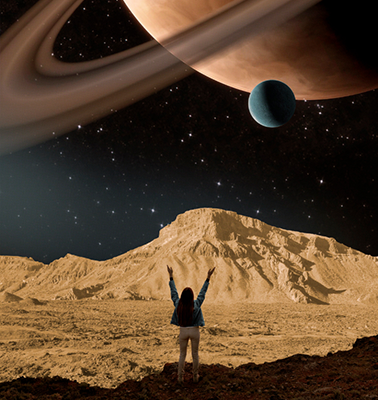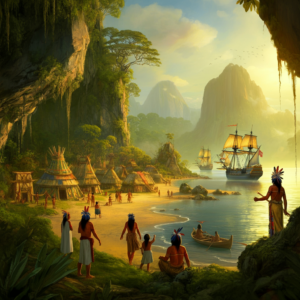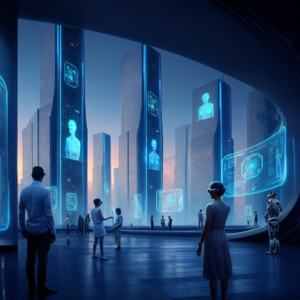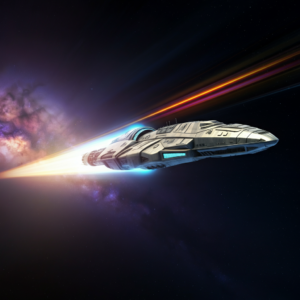Humanity has long dreamed of colonizing other planets, with Mars being a prime candidate due to its similarities to Earth. But what if we had achieved this monumental feat a century ago, in the early 20th century? How would this have reshaped our understanding of space, technology, and civilization itself? Let’s explore two fascinating possibilities.
Possibility 1: A Martian Society Shaped by Early 20th-Century Values
If humans had colonized Mars in the early 1900s, the societal structure and technological advancements of the time would have played a significant role in shaping the colony.
Impacts on Martian Society
- Colonial Mindset: Early 20th-century colonization efforts were often driven by imperialistic ambitions. A Martian colony might have mirrored Earth’s inequalities, with powerful nations dominating and exploiting the planet’s resources.
- Industrial Foundations: With the Industrial Revolution still fresh, Mars’s infrastructure might have been built around steam power and basic mechanical systems. The development of more advanced technology would likely have been slower compared to Earth’s timeline.
- Cultural Isolation: Limited communication technology would have created a deeply isolated Martian society, fostering unique cultural and linguistic developments independent of Earth.
Impacts on Science and Exploration
- Astronomical Advancements: An early presence on Mars might have accelerated our understanding of the solar system, leading to discoveries about the planet’s geology and potential signs of ancient life.
- Space Rivalries: Just as Earth nations competed for colonial territories, Mars could have become a battleground for geopolitical influence, potentially igniting the first extraterrestrial conflicts.
The society formed under these conditions would likely have been a microcosm of early 20th-century Earth, grappling with similar challenges but on a distant planet.
Possibility 2: A Technological Renaissance Spurred by Martian Challenges
The harsh environment of Mars would have necessitated rapid technological innovation, potentially sparking an earlier technological renaissance.
Impacts on Technology
- Renewable Energy Boom: The lack of fossil fuels on Mars would have forced early colonists to rely on renewable energy sources like solar and wind power. This might have spurred earlier global adoption of sustainable energy on Earth.
- Life Support Systems: Developing systems for air, water, and food recycling on Mars could have influenced advancements in environmental science and agriculture back on Earth.
- Space Travel Evolution: Frequent missions between Earth and Mars might have led to the development of more efficient propulsion systems, laying the groundwork for interplanetary travel decades ahead of schedule.
Impacts on Earth’s Development
- Knowledge Exchange: Technologies developed for Mars could have been reverse-engineered to address challenges on Earth, such as climate change and resource scarcity.
- Global Cooperation: The monumental effort of maintaining a Martian colony might have fostered international collaboration, potentially diffusing some of the tensions that led to the World Wars.
An early technological renaissance driven by Martian challenges could have profoundly reshaped both planets, creating a future where humanity thrived through innovation and cooperation.
The Ripple Effects on Humanity
Whether through societal upheaval or technological advancement, a Mars colony established 100 years ago would have left lasting marks on human history:
- Shifted Focus: With Mars as a second home, humanity might have viewed Earth’s resources and environment with greater care.
- Cultural Duality: The existence of a Martian society could have introduced new philosophies, religions, and ways of life unique to the Red Planet.
- Space Ambitions: A head start on Martian colonization could have set the stage for exploring other celestial bodies, from the moons of Jupiter to distant exoplanets.
Conclusion
The idea of humanity colonizing Mars a century ago ignites the imagination with possibilities both thrilling and daunting. From shaping new societies to sparking technological breakthroughs, the consequences of such an early venture into space would have been profound. While our actual timeline places Mars colonization in the future, pondering its past helps us understand the intricate interplay between ambition, technology, and the human spirit.
What do you think? Could early Martian colonization have propelled humanity forward or revealed unforeseen challenges?







